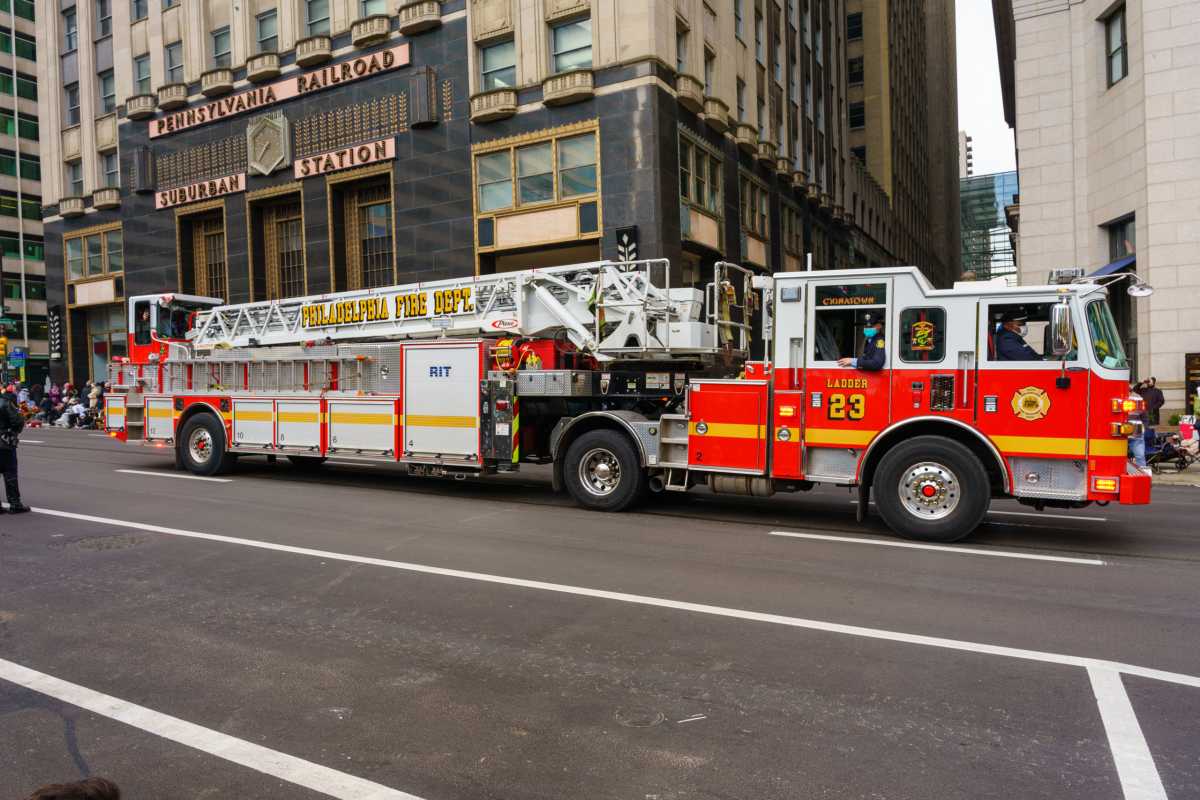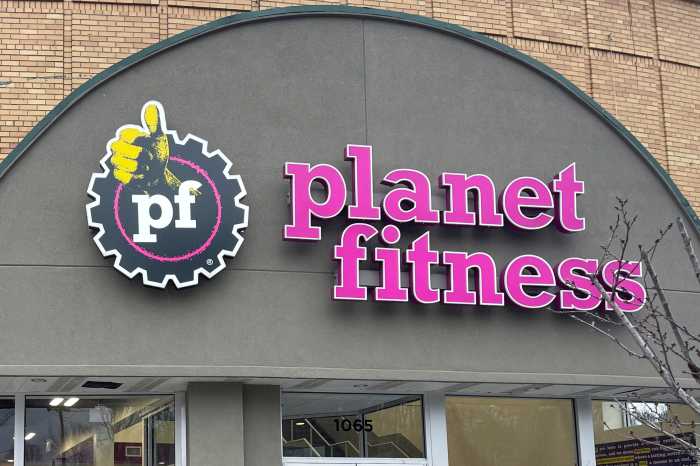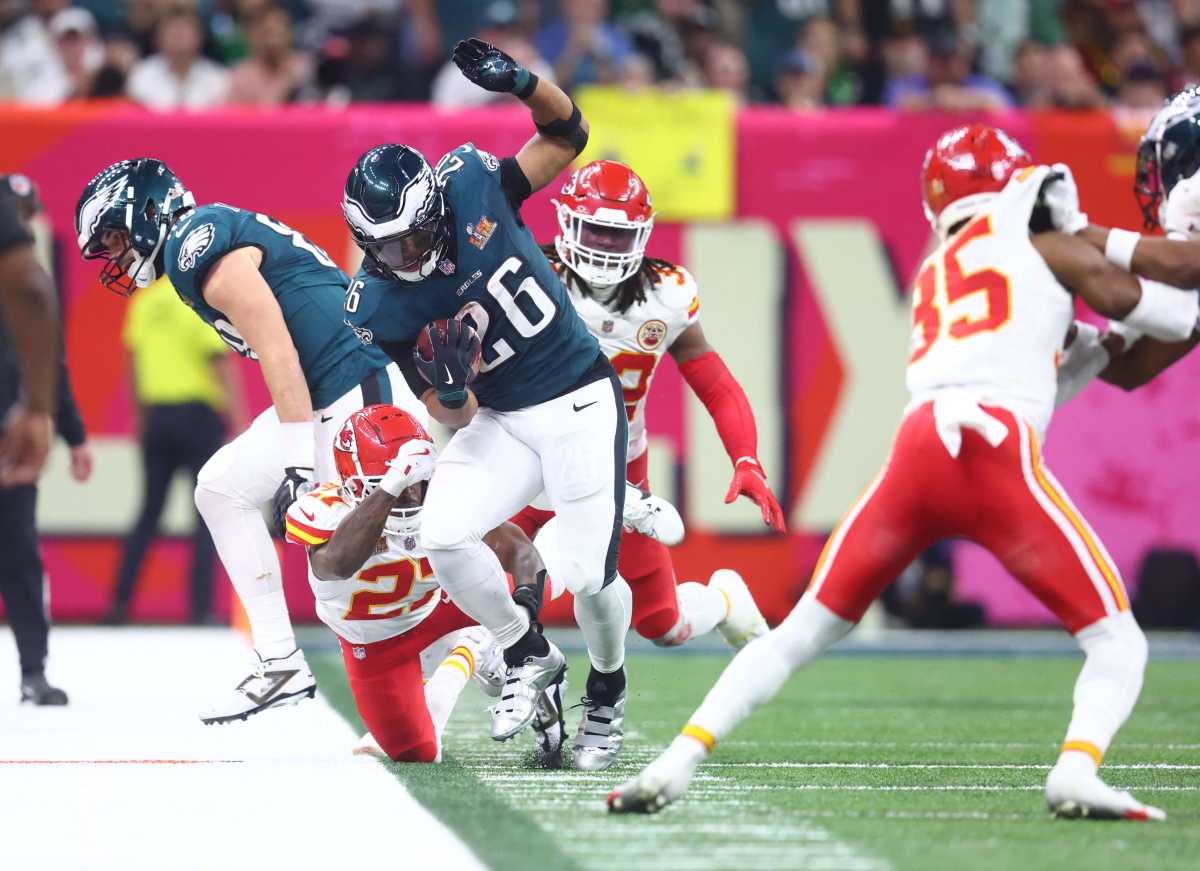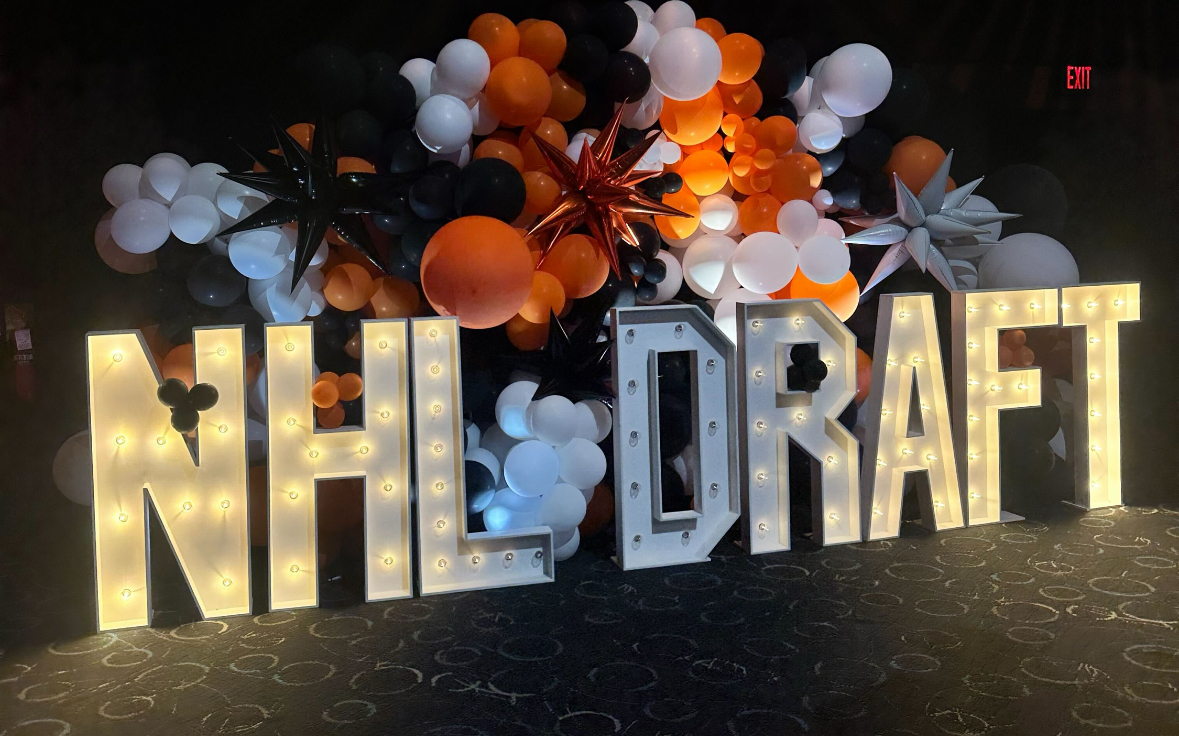Passion—that’s how Bryan McCauley describes Livengrin Foundation’s First Responders Addiction Treatment program.
Better known as FRAT, the program focuses on the rehabilitation of police, firefighters, military personnel, doctors, nurses and healthcare/EMS workers troubled by addiction, and is dedicated to helping those who help others.
“What sets Livengrin and FRAT apart is that we’re nonprofit and passionate about helping others,” he said. “This isn’t a business for us. This comes from the heart.”
McCauley, FRAT’s director, is — like so many peer support clinicians at Livengrin — a one-time patient of the rehabilitation facility, a Marine Corps veteran and Philadelphia police officer who dealt with his demons by reaching out for help.
“I struggled with my own issues, my PTSD, and in 2010, I came for treatment at Livengrin and have been sober ever since,” said McCauley. “My idea in being here now is to try and guide people on their own journey of addiction and rehabilitation to get to the point where I am now: 13 years sober.”
McCauley is adamant in reminding first responders and their families that they are not alone.
“We just to happen to come from a culture where we mask things by having a drink, and never talk about the things that we in the armed services or the police go through,” he said. “We have to change that culture. Those who help do not find it easy to ask for help. Stigma is the number barrier to treatment and much of those barriers we put on ourselves. We endure a lifetime of trauma in a short amount of time – and that is not natural That first responders are brave enough to admit that they need someone to talk to is the first step.”
McCauley is quick to say that Livengrin and its FRAT program are there to change the science of substance disorders, as well as the emotional side of addiction. “We don’t just talk about how to put the drug and drink down at Livengrin. We talk about how we can fix our living problems. We talk about our trauma. We treat. Because recovery by yourself is next to impossible. We, along with AA, offer follow-up care.”
Breaking down the stigma of what each first responder has been through – at work, home, leading up to and including the trauma of alcoholism and drug abuse – is the necessary first step to healing through Livengrin’s FRAT program.
“People think that talking about these things, and seeking help, is a weakness – it is not. In FRAT, we stress that it takes courage to open up about what is going on in people’s lives. You can’t sit on your hands and pretend that nothing’s wrong. FRAT encourages openness, make it comfortable through fostering a welcome environment. We open up the door to sharing and caring.”
Talking about the peer aspect of what makes FRAT hum, McCauley says that it comes down to human nature. “Clinically, if and when we can get people to open up, to trust, then they can take advantage of Livengrin’s trauma counseling and cognitive processing therapy.”
Education too is a huge part of the FRAT program. Considering that many first responders dealing with drug and alcohol addiction started self-medicating after being hurt in the line of duty or injured during combat action, understanding is key to healing.
“Many of them were given prescriptions without being educated as to side effects or the possibilities of addictions. And they’re certainly not trained on what to do when the medication runs out, which leads into people buying drugs on the street such as fentanyl… Once a Livengrin patient is past detox, we treat drugs and alcohol the same. Alcoholics may say they never got bad enough to use fentanyl, but we use the word, “yet.” We have to be mindful of the changing nature of addiction.”
For nearly 70 years, the Livengrin Foundation has been there for those who wish to conquer their addictions. McCauley knows it is not easy for fellow first responders in trouble to get on the right road, but FRAT can offer the best compass for healing.
“It takes 18 to 24 months for the two parts of the brain that are disrupted by addiction to go back to normal health,” said McCauley. “When a person hits two years, one of two things happen – they’re either well on their way, and they go into maintenance stage, or they feel good and withdraw from recovery support, and they relapse. We want our patients to stay an active part of their own recovery, with peer support… The more we bottle things up, the more open we are to trauma and addiction. Livengrin’s FRAT program is a solution to all of that.”


































